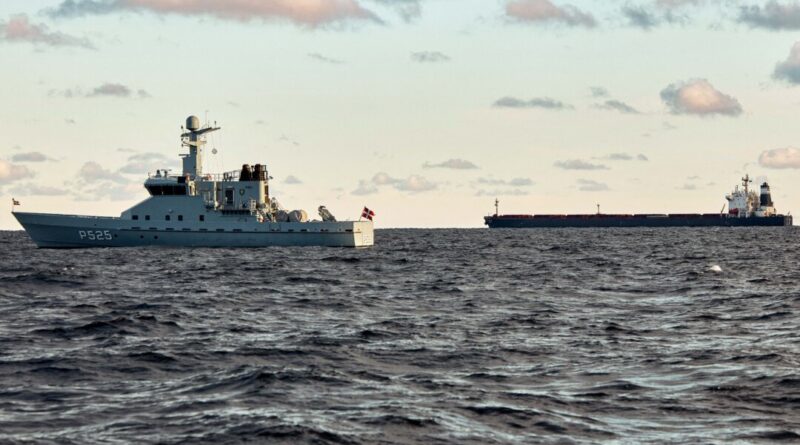Experts Warn of Beijing’s Gray Zone Tactics Following Baltic Cable Incidents
The Chinese regime’s capability and record have made it a prime suspect in the damaging of Europe’s communications infrastructure, one expert says.
Two experts on China’s military said they believe Beijing will likely deploy more gray zone warfare tactics after a Chinese vessel was suspected of recently damaging two undersea telecommunication cables in the Baltic Sea.
On Nov. 17 and Nov. 18, respectively, a cable between Lithuania and Sweden and another between Finland and Germany were severed.
China and Russia have both rejected involvement.
The Epoch Times has not been able to reach the owner of Yi Peng 3, Ningbo Yipeng Shipping.
Beijing’s Gray Zone Capabilities
According to defense experts at Taiwan’s Institute for National Defense and Security Research (INDSR), Beijing’s capabilities and its record of using gray zone warfare tactics make the regime a prime suspect.
“It’s reasonable to suspect Russia and the Chinese Communist Party (CCP) are behind it,” Su Tzu-yun, director of the institute’s Division of Defense Strategy and Resources, said, referring to China and Russia’s undersea robotic capabilities and the previous damaging of cables around Europe.
It was reported in August that Beijing had conducted an investigation and found the ship damaged the pipeline by accident, but Estonia said at the time that Beijing had not responded to a legal aid request, and Finnish police said its investigation was still ongoing, according to the South China Morning Post.
The Epoch Times has asked the Finnish National Bureau of Investigation and the Prosecutor’s Office of Estonia for updates.
Shen Ming-Shih, director of INDSR’s Division of National Security Research, referred to Chinese vessels damaging undersea cables connecting Taiwan’s main island and its archipelago, the Matsu Islands, in February 2023.
“Therefore, it’s possible that the CCP carried out sabotages in the Baltic Sea,” he said, adding that a more plausible explanation would be a collusion between Beijing and Moscow.
“It’s the same mode in which the CCP is arming Russia, indirectly and discreetly, so the CCP can avoid questions from the United States and other Western countries,” Shen said.
“If the CCP did it, it would, of course, have to hide its intentions and actions or have a civilian ship carry out the task in order to avoid igniting a conflict; that’s the point of gray zone actions.”
Beijing has repeatedly denied that Chinese entities have supplied Russia with weapons for use in Ukraine, saying it remains neutral.
According to Shen’s analysis, the possible aims of sabotaging undersea cables around Europe include disrupting communications, particularly in NATO countries that support Ukraine, testing European countries’ reactions to gray zone tactics, and breaking down cooperations among European countries on communications and defense.
He warned that the CCP “could also carry out more such gray zone war tactics around Taiwan or in other areas before the inauguration of U.S. President-elect Donald Trump, to tip the scale in China and Russia’s favor and indirectly help Russia’s war” against Ukraine.
Su echoed the analysis, saying this may only be “the first step” of the CCP’s hostility towards Europe.
However, if it’s proven that the CCP is behind the sabotage, “the European Union could impose trade sanctions” on Beijing, he added.
Luo Ya contributed to this report.





